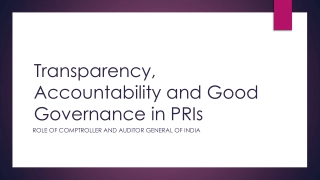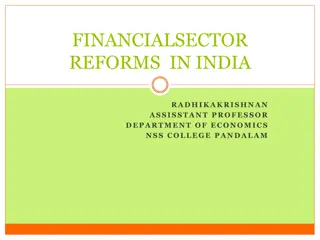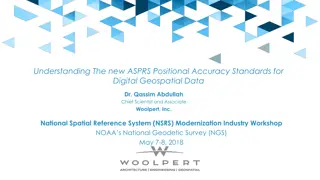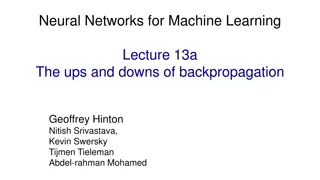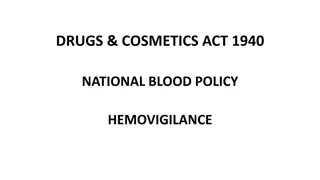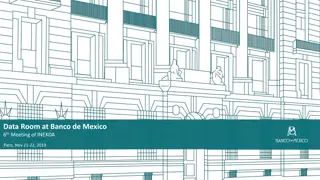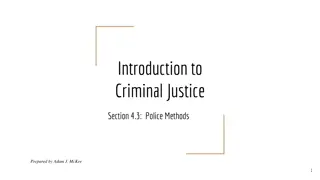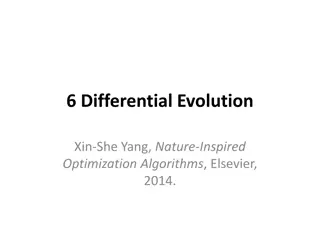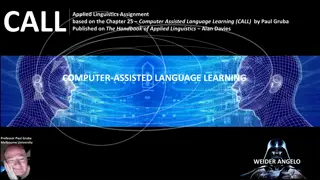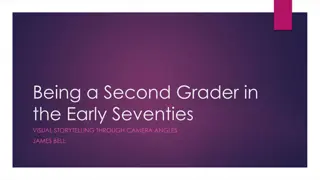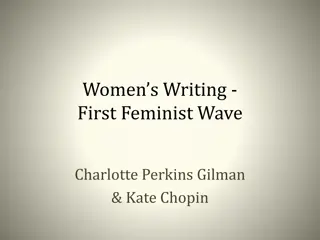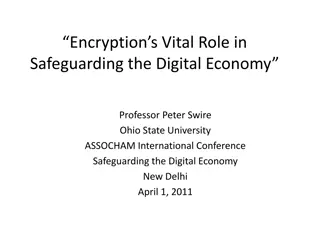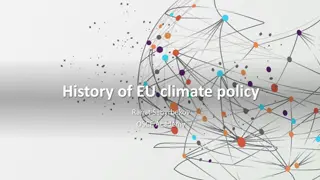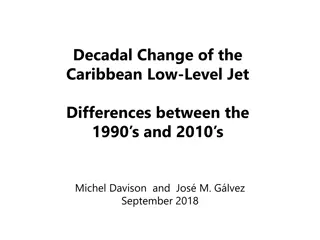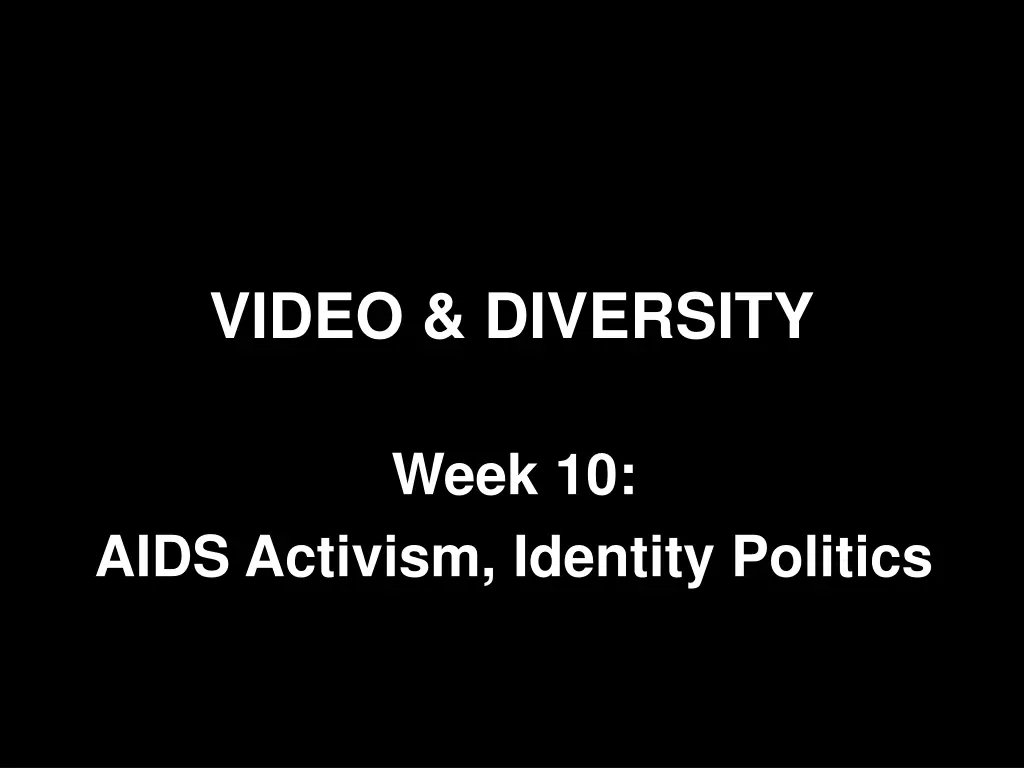
AIDS Activism and Identity Politics in Video: Insights and Perspectives
Explore the intersection of AIDS activism, identity politics, and video technology in the late 1980s and early 1990s. Uncover the power of protest, communication, and community engagement in the production and distribution of activist videos. Reflect on the significance of individual identity choices in the realm of politics.
Uploaded on | 1 Views
Download Presentation

Please find below an Image/Link to download the presentation.
The content on the website is provided AS IS for your information and personal use only. It may not be sold, licensed, or shared on other websites without obtaining consent from the author. If you encounter any issues during the download, it is possible that the publisher has removed the file from their server.
You are allowed to download the files provided on this website for personal or commercial use, subject to the condition that they are used lawfully. All files are the property of their respective owners.
The content on the website is provided AS IS for your information and personal use only. It may not be sold, licensed, or shared on other websites without obtaining consent from the author.
E N D
Presentation Transcript
VIDEO & DIVERSITY Week 10: AIDS Activism, Identity Politics
They are lost to vision altogether (1989) Dir. Tom Kalin
Discussion Saalfield writes: Here protest is the process, communication is our means of resistance, and everyone has a say (p.27) How is this statement relevant to the production, distribution, and study of AIDS activist videos? How much did developments in video technology during the 1980s and early 90s influenced AIDS activist videos?
ACTUP Oral History Project www.actuporalhistory.org/
Identity & Politics: Why did you choose these specific words or phrase to identify yourself with?
Identity & Politics: Why did you choose these specific words or phrase to identify yourself with? Do you think they describe you adequately?
Identity & Politics: Do you think they are lacking? If so, how would you choose to describe yourself?
Identity & Politics: Do you think they are lacking? If so, how would you choose to describe yourself? Do you think these identities/labels are merely descriptive? Or is there power and ideology attached to them?
ALL ORIENTALS LOOK THE SAME (1986) Dir. Valerie Soe
I knew as a Chinese American that images of Asian Americans that I saw on television and in mainstream films were nothing like the people I knew in my family and my community. They were really stereotyped. So [my video] was a way for me to bring a little truth of representation into what was being shown. - Valerie Soe (p.252)
Im trying to present a more realistic view, not necessarily a positive image. I m not interested in heroic figures. With them you re just substituting one stereotype for another, right? - Valerie Soe (p.252)
Animaquiladora (1997) Dir. Alex Rivera & Lalo Lopez
Connect one of the segments in the video to an idea discussed in the Fusco reading
Understanding marginality as position and place of resistance is crucial for oppressed, exploited, colonized people. - bell hooks (p. 342)

